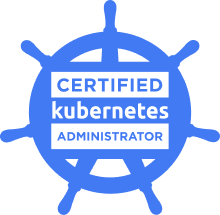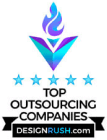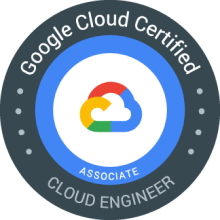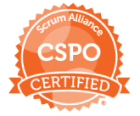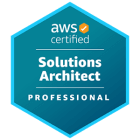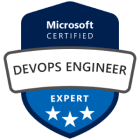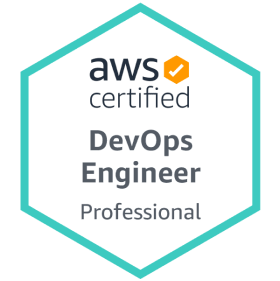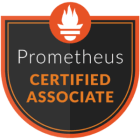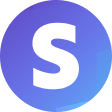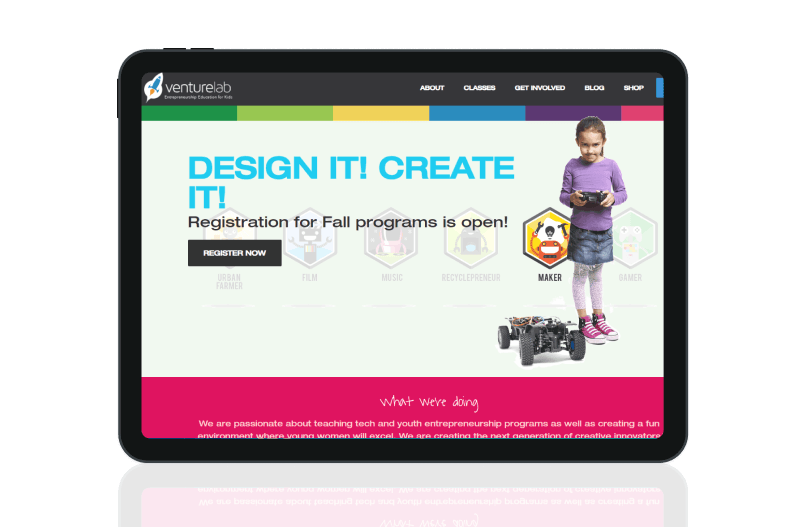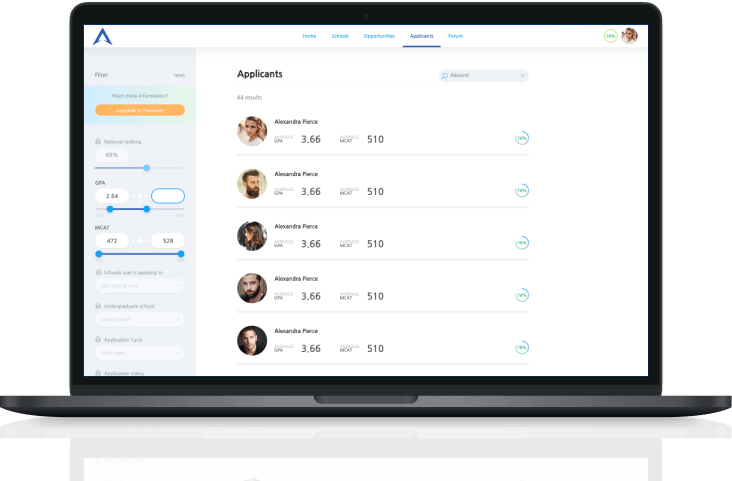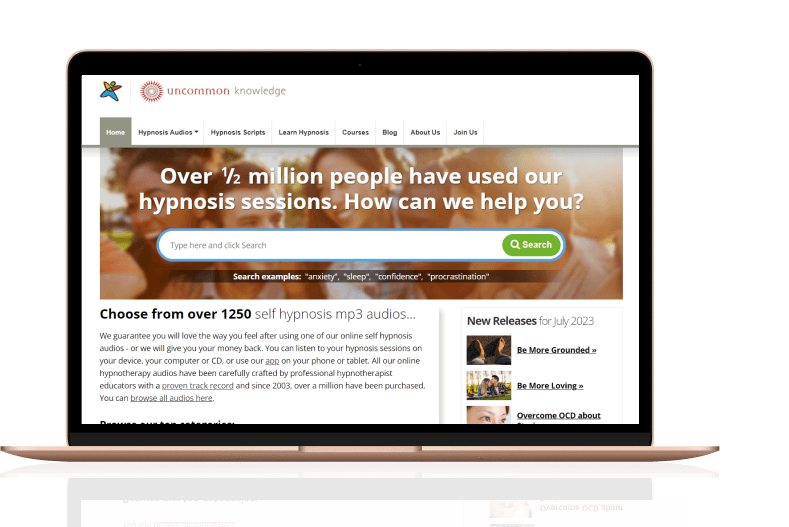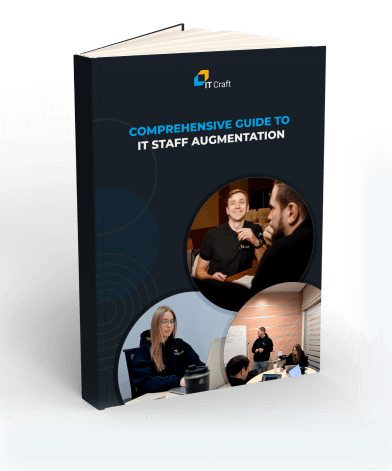eLearning Software Development Company
Do you want to power up your users’ learning experiences with next-generation technology? Turn to niche experts at eLearning software development company IT Craft.
We are here to transform your vision into a cost-effective and scalable app.
Why Do You Need Custom elearning Software Solutions?
Increase efficiency and productivity with a solution expertly crafted by our eLearning software development company. Streamline learning and related processes for students, employees, and organizations:
Train
remotely
Organize flexible training sessions. Create a meaningful alternative to on-site classes where no commute is required. Help students balance work, learning, and life.
Increase learning effectiveness
Provide knowledge transfer at scale. Offer gamification motivates students to keep progressing. Launch corporate solutions ensuring new employees learn compliance guidelines and industry regulations fast.
Simplify access to
training
Grant quality learning services even in the most remote areas. Deliver opportunities to learn on-the-go. Ensure student handbooks, training materials, and home tasks are always at hand.
Streamline administration workflow
Optimize staff and student management. Track student attendance and progress automatically. Provide direct integration with internal school systems to eliminate redundant processes.
Boost learning content production
Help teachers revise and update programs frequently. Make tools for content evaluation available. Integrate poll and questionnaire functionality to study learners’ feedback. Adjust precisely to learners’ needs and proficiency levels.
Decrease learning
costs
Make learning affordable for a wide range of prospects. Help them save on tuition fees, transportation, meals, and more. Lower overhead costs—all with the help of eLearning development services.
Our services
Does an app idea keep you up at night?
Contact us to discuss the best path for you.
Contact usOur Cases
Our clients' success stories.
We love to hear what they say about us.
Stories of people impressed by our service offerings
2,250+ successful launches and counting
Top-level eLearning development services to help you launch and improve your app.
Contact us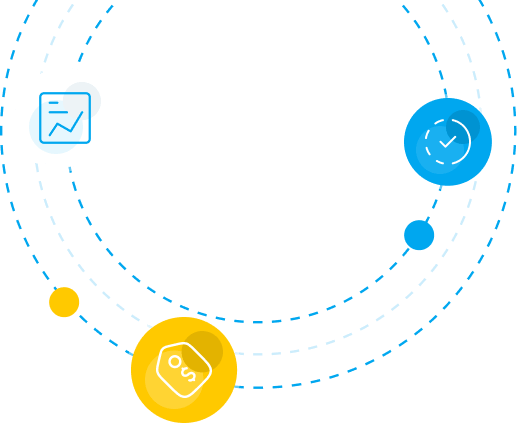
Our Process
Here is how IT Craft provides custom eLearning development services to its clients:
Why Choose
IT Craft?
A leading e-learning software development company, IT Craft ensures your vision becomes a part of your end users’ everyday reality.
As a product owner, you enjoy working with an established, reliable team of experts.
Full-cycle development
Our eLearning development services include all required technical assistance.
Immediate project start
We thoroughly analyze your vision and app requirements to design the solution you want.
Agile PHP development services
You participate in planning and get detailed reports. You know where your money goes. No hidden fees.
Transparent communication
You can be sure the development team quickly manages the changing requirements needed to navigate
Essential Features for Successful eLearning Software Development
Your distance learning system is successful when it features the same or similar experience as in the classroom. Students can learn well only when they feel comfortable.
These features help attune your software to the needs of end-users. Students learn better and keep pace because they are learning through action and interaction. A win-win.
Educational software development makes the following features possible:
Gamification
Gamification is a must-have eLearning feature.
It tops our customers’ lists for their apps. Educational solutions require badges for completing tasks, leader dashboards, and other similar game-like features. All these engage learners and motivate them to improve their results.
Mobile experience
eLearning software solutions must be oriented towards mobile devices. Students use their smartphones and tablets to search for information, training, and tests. No wonder, requests for app responsiveness continue to come second on our clients’ feature list-right after gamification. Educational solutions must be responsive and user-friendly on all devices and screen sizes.
If not, they quickly lose audience appeal.
Big Data analytics
Big Data is the latest and most beneficial trend in Learning Management System development. In education, Big Data means statistics and analysis of learner data. Teachers get an overview of how effectively students retain their knowledge.
Then, based on the obtained information, they can identify weak points and improve the learning process.
Third-party integrations
Learning solutions exchange data with other software to support the company's processes. This can be ERPs, billing and accounting systems, task management software, social media, and others.
Integration of third-party modules both decreases development timeline and increases software quality.
In case you need to transmit learners’ data to third-party software, you launch an API for it to decrease system load and provide seamless integration.
Multimedia content
Providing great content that appeals to students requires using multimedia. An online learning system lets teachers choose from various types of tools. Teachers can integrate videos, photos and illustrations, and audio narrations into their lessons.
Or they can easily create their own. Screen and file sharing are also essential. They help teachers explain the point faster.
Live communication
Instant, real-time communication is an integral part of an online lesson. Video, audio calls, and text chats present different communication channels students can use to ask questions and share files. Teachers and students can initiate an individual or group discussion.
If needed, lessons can be recorded to help students catch up or prepare for tests.
Easy payments
Easy payments are crucial for any online learning marketplace. Product owners need to integrate common payment providers into their eLearning software.
Students can pay with their local currency; providers handle the conversion.
Teachers can be sure they get the correct payment on time.
Templates and constructors
Templates and constructors lower barriers to online course development. Teachers use these instruments to effectively design their courses.
The use of pre-designed template libraries or template generators ensures teachers make high-quality, appealing courses fast. They focus on producing quality content, not on external decoration or learning how Web systems work from within.
Interactive dashboard
An interactive dashboard is the key element of any LMS. Dashboards help track learning processes, set targets for groups and single students, and monitor the time users spend on different activities and course chapters.
Automated reports are also available from a well-designed eLearning dashboard. Using dashboards, teachers can monitor and evaluate course effectiveness.
questions from our clients
General
What is custom eLearning?
Custom elearning development services focus on tailoring a course to the needs of a certain audience to specific content.
A tailor-made course fits in best with the aims and learning habits of a narrow, target audience and helps them progress faster than taking a “general” learning course.
What is eLearning software development?
Elearning development services focus on programming, launching, and maintaining a learning platform using digital technologies. Tech-savvy students from all over the world use it to contact teachers.
They also benefit from learning materials and exercises presented in an engaging, interactive manner.
What does an eLearning software developer do?
In short, elearning software developers program and launch the software platform on which a course runs.
They can be freelancers or employees of an e-learning software development company.
Which eLearning development software is best?
Unfortunately, no single eLearning development software holds the top place. Software depends on tailored needs of a specific audience, level of computer proficiency, and type of content you want to produce.
If you want to produce your own custom course, we suggest you try Thinkific as your first step.
Elearning development services
What are the typical stages of a custom eLearning development process?
The common stages of any eLearning software development include:
- Project discovery
- Planning and cost estimates
- UX / UI design
- Code programming
- QA and testing
- Launch
- Post-launch guarantee period
- Support, maintenance, and expansion
Do you make custom eLearning software?
Yes, we do. As an elearning software development company, IT Craft has developed source code for several solutions for our clients and helped them launch successfully, on time, and on budget.
Do you develop eLearning applications?
Yes, we do. The scope of e-learning software development services depends on the features, target platform, and habits of your audience.
How many people are on the eLearning software development team?
E-learning software development services include the following roles on a project:
- Project manager – monitors project progress, tracks status of all tasks, and discusses project progress with both team and client.
- Business analysts – updates requirements and project documentation.
- UI/UX designer – provides designs.
- Software developers – produce source code.
- QA engineers – check already-developed source code.
- DevOps – automate routine tasks on a project.
Depending on the project scope, some roles can be part-time.
Can LMS be hosted on a client’s server?
Yes, LMS can be hosted on a client’s server. Moreover, this can be the best option for a corporate-level LMS where security takes higher priority than access to the Internet. However, if quick access from any location in the world is essential, you are wise to either host it in the cloud or rent a dedicated server.
We advise you to discuss hosting options with your e-learning software development company before an implementation starts to ensure optimum performance.
Is there technical support?
Yes, there is technical support. As a full-cycle e-learning software development company, IT Craft has a special team to ensure your app is secure according to the latest security standards and is up and running 24/7. For detailed info, check software administration services.
Costs, technologies, and other
What software is used for custom eLearning
development?
The software you need depends on what you want to develop. Our software developers use:
- IDE (Visual Studio, PHPStorm, etc.) for programming
- Various frameworks for front-end (React, Angular) and back-end (Yii, Laravel) development
- Software for testing (JMeter, Selenium, etc.)
- Docker for virtualization
And more-the list is long. For more info on what we use, go here: technologies.
If you want any special, third-party source code to be integrated into your eLearning solution, no problem. Contact us. for elearning development services. We can help you.
E-learning software development company IT Craft provides you with top-notch services. There are at least four things that make IT Craft different:
Proactive position – We always advise you regarding the technical side of your project to help you build secure, customizable, scalable software.
Realistic approach – We do what we promise. If something is not possible, we tell you upfront. We value honesty over taking your money.
Staying in touch – We maintain transparent communication with our clients to ensure you are aware of project status. You always know where your money is being spent. No secrets. No hidden costs.
Equal approach – Whether you are a startup or an eight-digit business, you get the same, high-level service.
Discover even more indirect benefits. Choose IT Craft’s elearning development services.
The costs of elearning development services depend on the customization level and the number of features:
- Prototype takes 1 – 2 months. Development costs start at $20,000.
- MVP requires 4 – 6 months. Development costs start at $70,000.
- A fully-featured app is usually ready to launch after 8 months.
Development costs start at $100,000.
If you want to get your app development project done on time and within budget, put your trust in IT Craft.
When hiring your developers at IT Craft, you enjoy all the benefits of working with an established elearning development company that takes the pressure off your own in-house team. An IT Craft team can start as soon as you need them. You get your product launched faster and for less.
Hard to believe? It’s true. [Check out these testimonies.]
IT Craft has been providing e-learning software development services at scale for many years.
IT Craft has been working with several innovative startups to help them launch MVPs. This includes LMS development, video call systems, knowledge bases, learning portals, and some other types of eLearning software.
Do you need software for another type of project?
Contact us for a short presentation.








